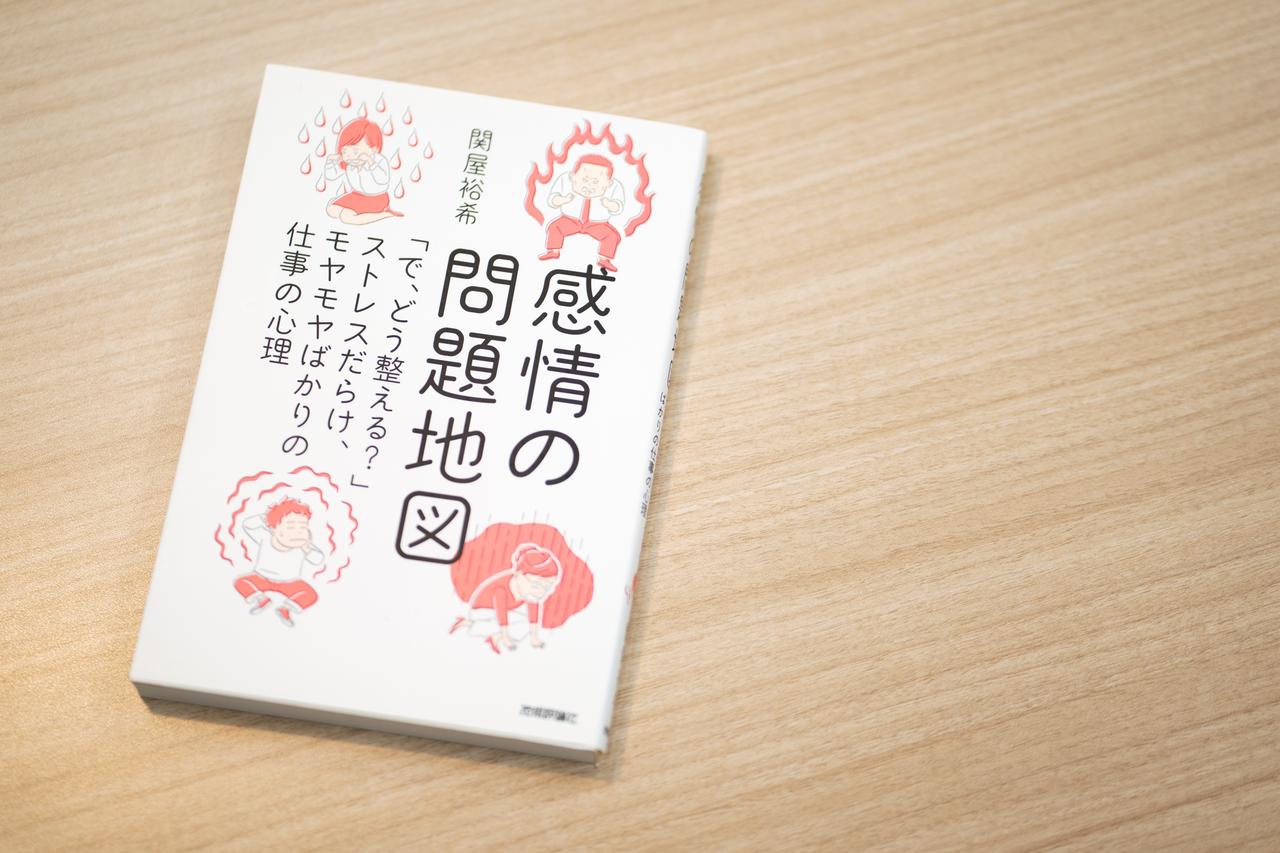Interview with clinical psychologist Yuki Sekiya

Sometimes work can feel insufferable. Yet even during times of suffering, we often hear a voice in our head urging us to simply keep on going. Power through. "Those around me have it worse, so I should just get on with it." "It's tough, but I've got to pull my weight." Sound familiar?
We know comparing our own suffering with that of those around us is a bad habit. So why is it so hard to let go? Why do our minds keep clamoring for social comparison?
Writer Shiho Namayuba and editor Maui Fukami sat down with certified clinical psychologist Yuki Sekiya, who specializes in workers' mental health and emotional research. They discussed the psychological triggers of unhealthy comparisons and how to deal with them. We also asked what organizations can do to create an environment minimizing unhealthy social comparison.
The three functions of social comparison

Shiho
What moves us to compare ourselves to others in the first place?
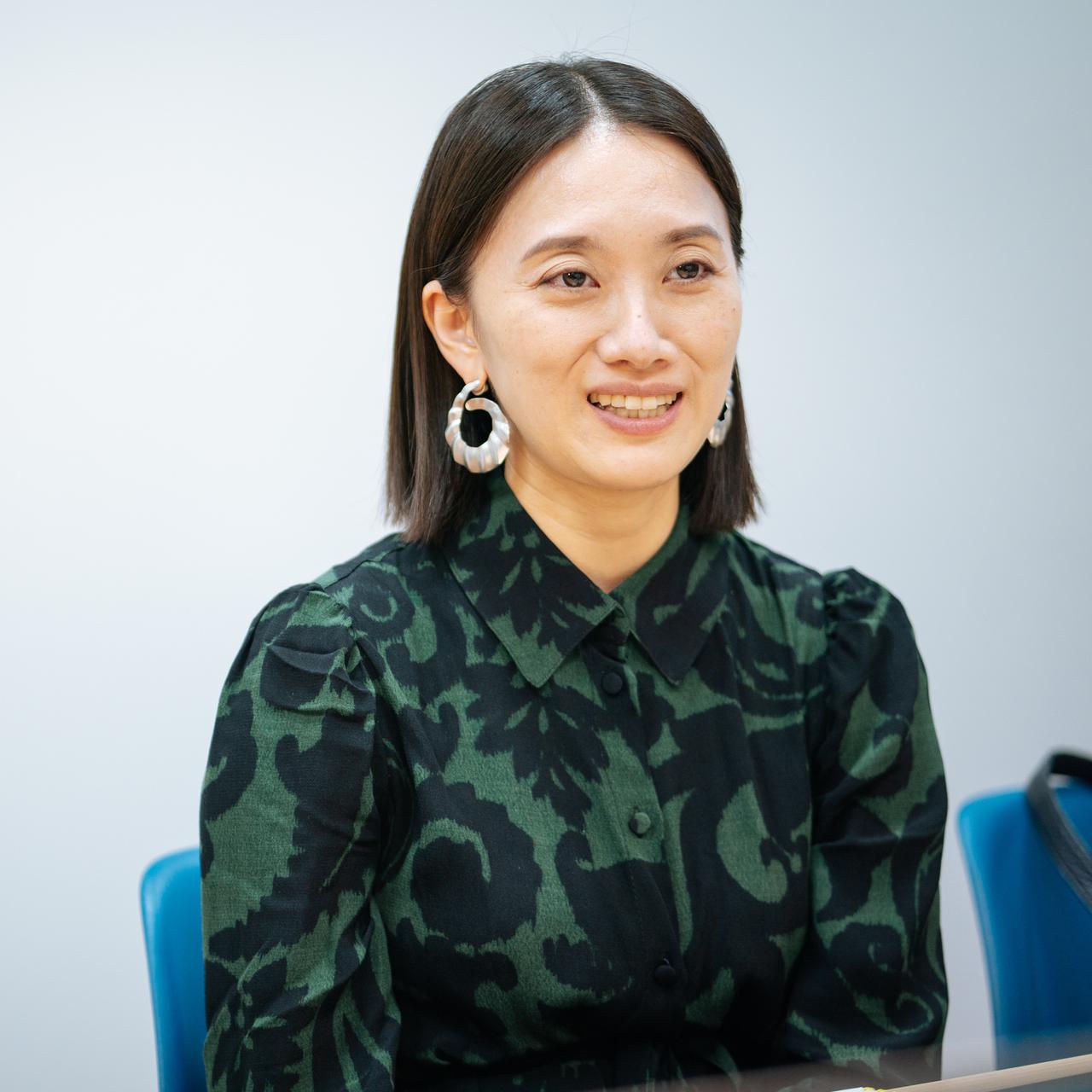
Yuki
Social comparison is a continuous topic of study for social psychologists. Like anger and sadness, comparing ourselves to others serves a number of functions.
There are basically three major theorized functions: to better understand the self, to survive in a social setting, and to protect our self-esteem.
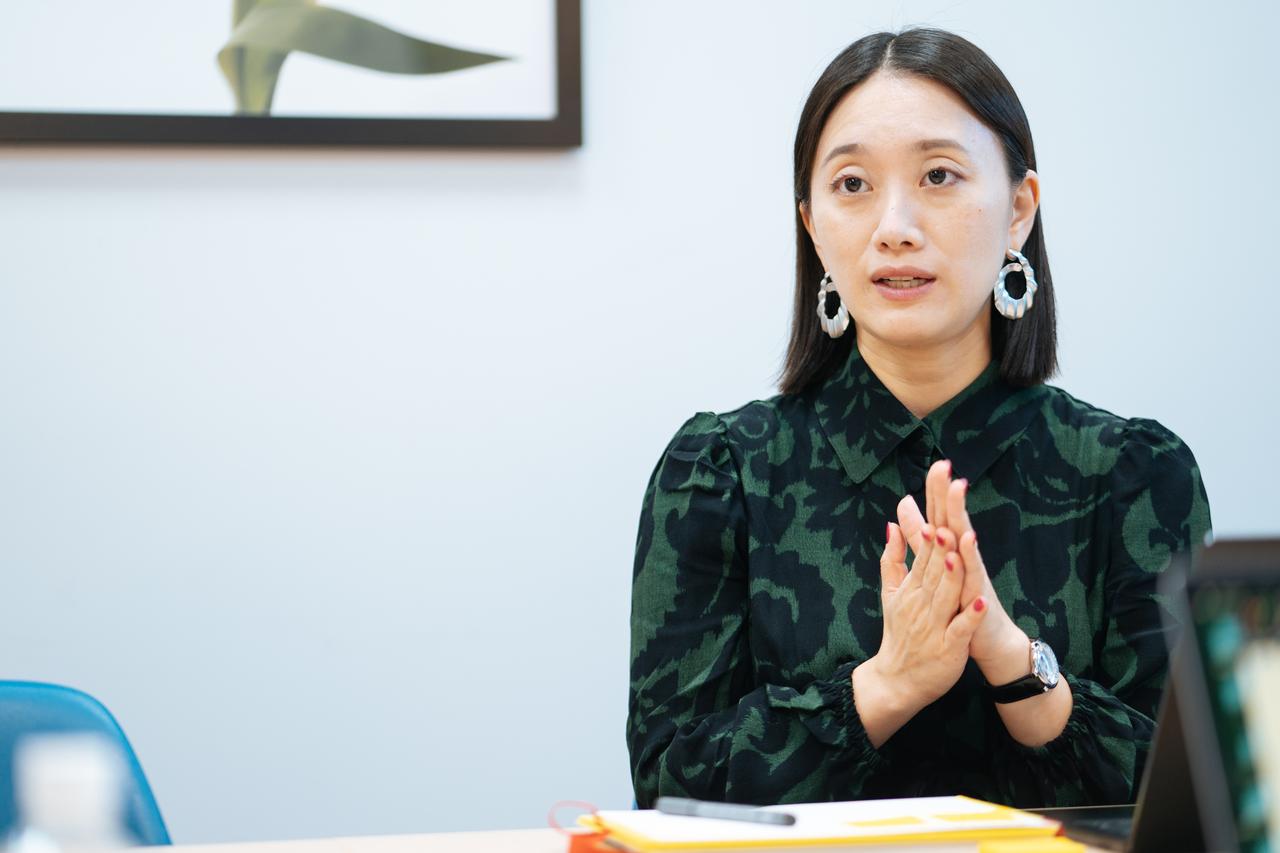
Yuki Sekiya is a professor of psychology, a clinical psychologist, a certified psychologist from the Department of Mental Health Graduate School of Medicine at the University of Tokyo, and a visiting researcher and specialist in occupational mental health.
Yuki designs and supports mental health systems and measures for various organizations, regardless of their size and field. She has worked on stress check systems and return-to-work measures. She also holds workshops to improve the work environment and revitalize organizations. In addition, Yuki writes about and gives talks on mental health aimed for every level of the organization, including management, operations, and employees.

Yuki
First, regardless of who you are, we all have a desire to better understand ourselves. Comparing ourselves to others helps us do so. It allows us to find out what our special skills and traits are. We can look around and think to ourselves, "Compared to other people, I'm pretty good at this specific task."
Second, other people serve as a pattern on which to model our own behavior, which is how we develop social norms. For example, when I get on the train, by observing the people around me I know the rule is that I shouldn't shove my way in.
The final function of preserving our self-esteem is to protect ourselves from getting hurt, especially in difficult times. Have you ever been in a difficult situation, then looked at someone having a harder time than you and felt relieved after thinking, "Well if they have it worse, then I must be doing alright"? In psychology, we call this downward social comparison. Comparing ourselves to people who are unhappy or aren't doing very well helps us feel a sense of relief.
The opposite also exists. Upward social comparison is preserving your self-esteem by looking at someone who has it better than you and thinking, "I'm going to work hard to become more like them!"

Shiho
I see. I thought it was always negative to compare yourself to others, but it seems like there are also times when social comparison can help you better understand a situation, or even serve as a motivator.

Yuki
Exactly. Comparing yourself to others serves many different functions and is not always negative.
How can we tell when we're suffering?

Shiho
There have been times in the workplace when I put pressure on myself to keep on going because I compare myself to others around me who have it worse. Of the three functions you mentioned, which one would apply to this habit of mine?

Yuki
You're comparing your level of suffering to that of those around you, and instead of using the comparison as a sign you need to rest or as a motivator to keep working, you feel like you've been driven into a corner, right? If we reframe the feeling as, "I need to keep on going to be able to pull my own weight within the group," then I'd say it fits within the second function.
In the conversation we had leading up to this interview, I remember you mentioning you felt pressure to keep on grinding because you compared your situation to that of those around you. I remember thinking, "Wow, she's very serious about her work!" Is this something you struggle a lot with at the moment?
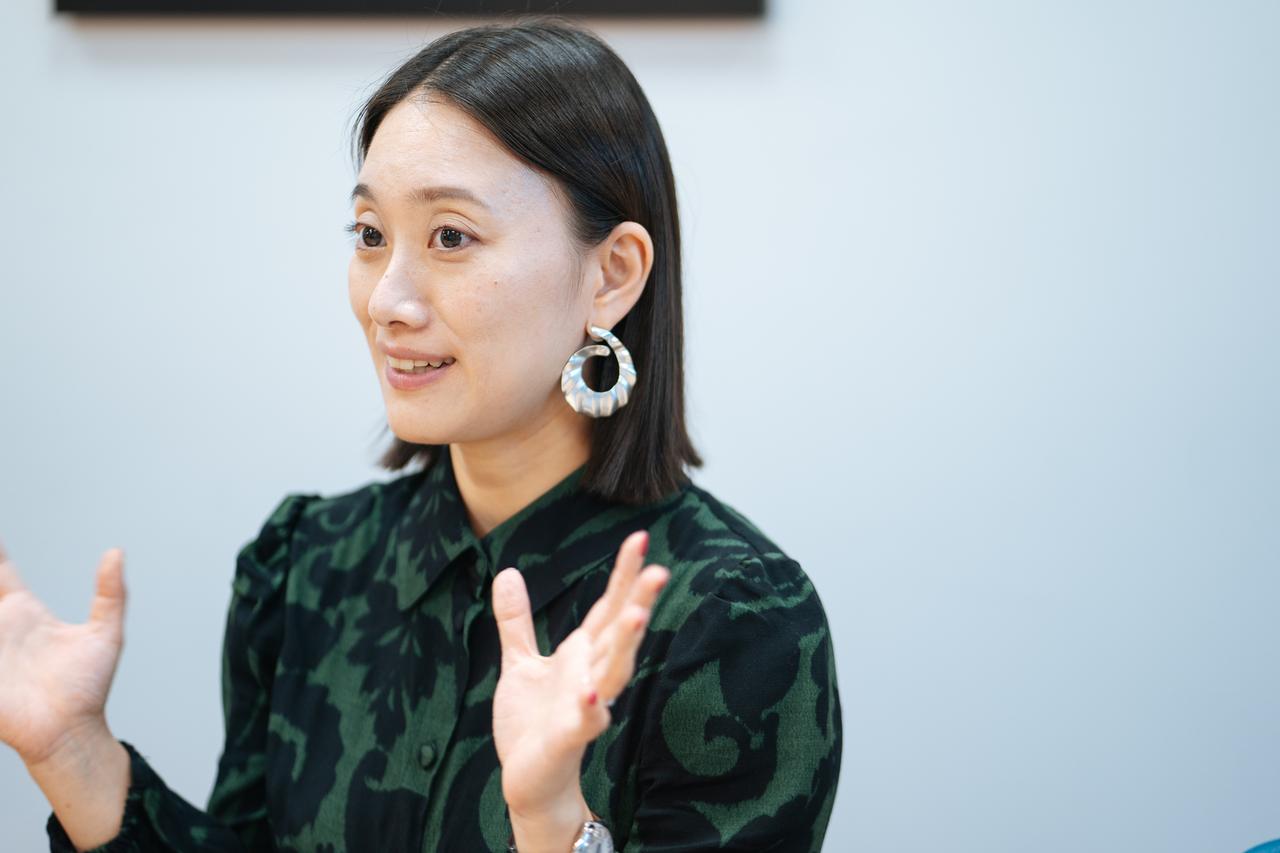

Shiho
At my workplace, I think this problem is particularly prevalent among those around the mid-seniority level, who start to be responsible for their own junior employees. They're the ones who look around and compare how tough their job is with others. For instance, fresh graduates tend to go home on time, while seniors are more likely to stay over hours wondering what else they have to do. That feeling of being stuck between a rock and a hard place is something I hear a lot from people of my generation.
Maui, what's it like in the editorial department?
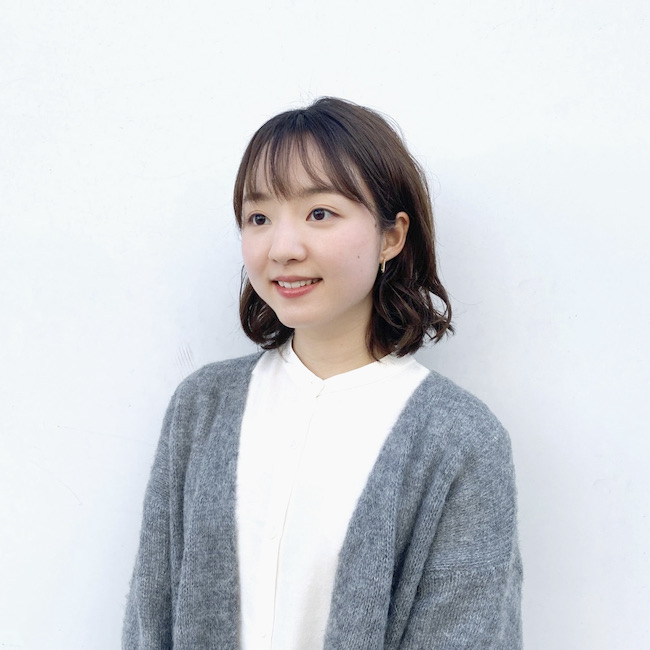
Maui
I'm only in my second year as a working adult, but I also find myself comparing my situation with others. I don't have much work experience yet, so when I feel like I'm struggling, I wonder if it's normal or if I'm overdoing it.
Even though I feel like I'm having a hard time, when I look at those around me they seem to be doing fine, so I end up convincing myself that I should just try harder.
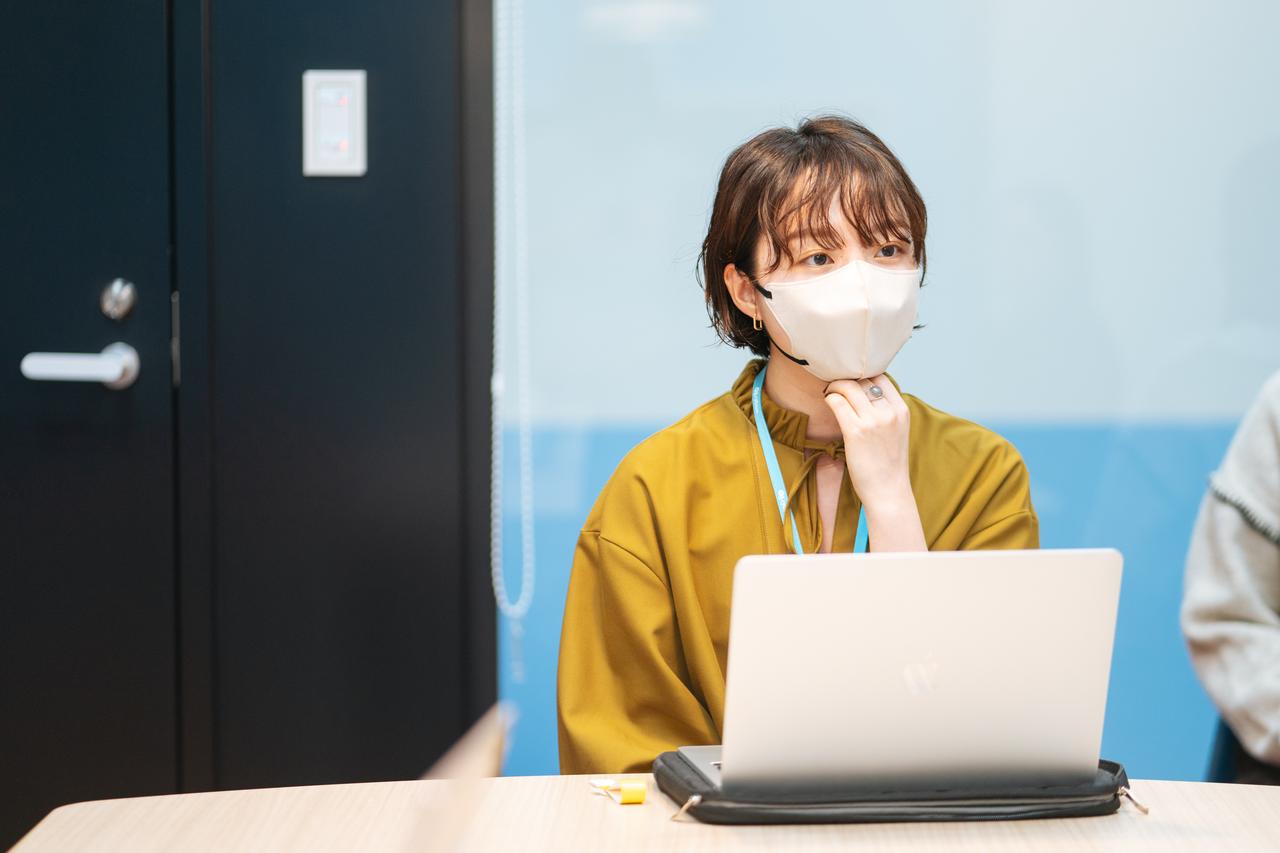
Maui Fukami is an editor at CybozuShiki, the Japanese sister publication of Kintopia. In a previous article on dealing with hardship in the workplace (only available in Japanese), she mentioned how she would measure her level of hardship by comparing herself to others.

Maui
As a result, I saw a decline in my health and quality of sleep. It was only afterward that I realized how much I was suffering. What can I do to make sure the same thing doesn't happen again; to not compare my suffering to that of others but rather realize for myself when I've gone beyond my limit?
Create a scale that works for you

Shiho
I think Maui's question is a problem a lot of people face. Often we might have an idea something's wrong, but by the time we truly realize we're suffering, the situation has already gotten worse.

Yuki
That's right. The idea is if you feel like you're having a hard time, then you'll be OK with saying you're having a hard time without needing to resort to social comparison. However, as you said, there are times when we struggle to understand how bad a situation is, and we may not realize in real time the damage being done to us.
Maui, if you think back to when you were having a hard time at work, what was the context?

Maui
It wasn't only because I was too busy. There were times when I compared myself to others and felt like I had a lot of work, but still felt comfortable and satisfied. Other times, I would look at others and think, "Why am I the only one who's so busy?" which is also a tough feeling. It's hard because I can't really recognize a pattern to my feelings.


Yuki
From what you've mentioned, it sounds like you're doing a good job at least at monitoring your own situation. You've realized your personal struggle can't simply be measured by how busy you are at work. The ability to carefully observe what's going on inside you and deepen your understanding of yourself is very important.
In Maui's case specifically, it's important to pay attention to the difference between a busy time you find fulfilling and one where you struggle. Then you can develop your own scale to help tell the difference.

Shiho
When you say "develop your own scale," do you mean an index for how you're feeling, like for example showing me if I've become more irritable these days?

Yuki
Exactly. However, keep in mind you can't base your scale on someone else's. You have to develop your own original scale tailored to your personal situation. When Maui talked earlier about a decrease in her sleep quality--that's an example of her measuring her feelings along her own personal scale.
Unfortunately, during times of hardship, our judgment can easily become skewed, which is why it's important to have an objective form of measurement. For example, if you decide to set a marker at 'not being able to sleep for four or more nights in a given week,' you can later look back and objectively see you're currently having a pretty rough time.


Yuki
For some people, going through a rough period will manifest as spending more time scrolling through social media. The way emotional baggage manifests differs from person to person, so it's important to stay vigilant every time you look back at your recent behavior.
In my case, whenever I'm struggling, I find myself on YouTube binge-watching mukbang videos. As soon as I notice I'm spending a lot of time staring at people as they eat way too much food, I know it's time to take a break and rest.
Knowing when to let it go

Shiho
You've been talking about the importance of admitting and accepting when we're struggling. However, for a studious person who doesn't yet have much work experience like Maui, it's sometimes easier to repress those feelings--tell yourself, "I shouldn't start thinking of my situation as a struggle."
How can we learn to better recognize and accept our feelings?

Yuki
That does happen, and it's a difficult problem. We have a tendency to blame ourselves when we don't feel like we're making progress. There's a devil on our shoulder whispering to us that it's our own fault, we're not working hard enough, or those around us are working harder.

Maui
Yeah, I've met that devil. I've definitely thought to myself, "Really, you're calling this tough? This isn't tough!"

Yuki
It isn't our fault we think this way. It's how school and society as a whole teaches us to think. We unconsciously become overly strict with ourselves. I think the only way forward is to change the way we relate with ourselves.

Yuki
In trying to change the way I relate with myself, one important way of thinking I'm focusing on at the moment is self-compassion. The idea is to work toward treating yourself with kindness.
For example, if you see one of your colleagues struggling with their work, would your first thought be, "This person isn't putting in enough effort?"

Shiho
No. I'd probably ask if they're doing OK, and think of whether I can help lighten their burden.

Yuki
Precisely. We're naturally more capable of showing compassion toward others. Why not ourselves? The truth is, we've gotten used to being excessively judgmental of what we think and do.
Actually, if we want to find the strength to deal with the problems we face in life, being harsh on ourselves is not the best strategy. We would be much better off showing self-compassion and allowing ourselves to admit when we're struggling.

Maui
I understand your point about facing our feelings and not denying when we're struggling. However, there are times when our problems feel so overwhelming we simply can't face them. We don't want to admit our own weaknesses, so it's easier to look away...

Yuki
That does happen. When you've reached the point where you no longer feel the strength to confront the issues you're facing, I would say it's time to seek the help of a professional counselor or psychotherapist.
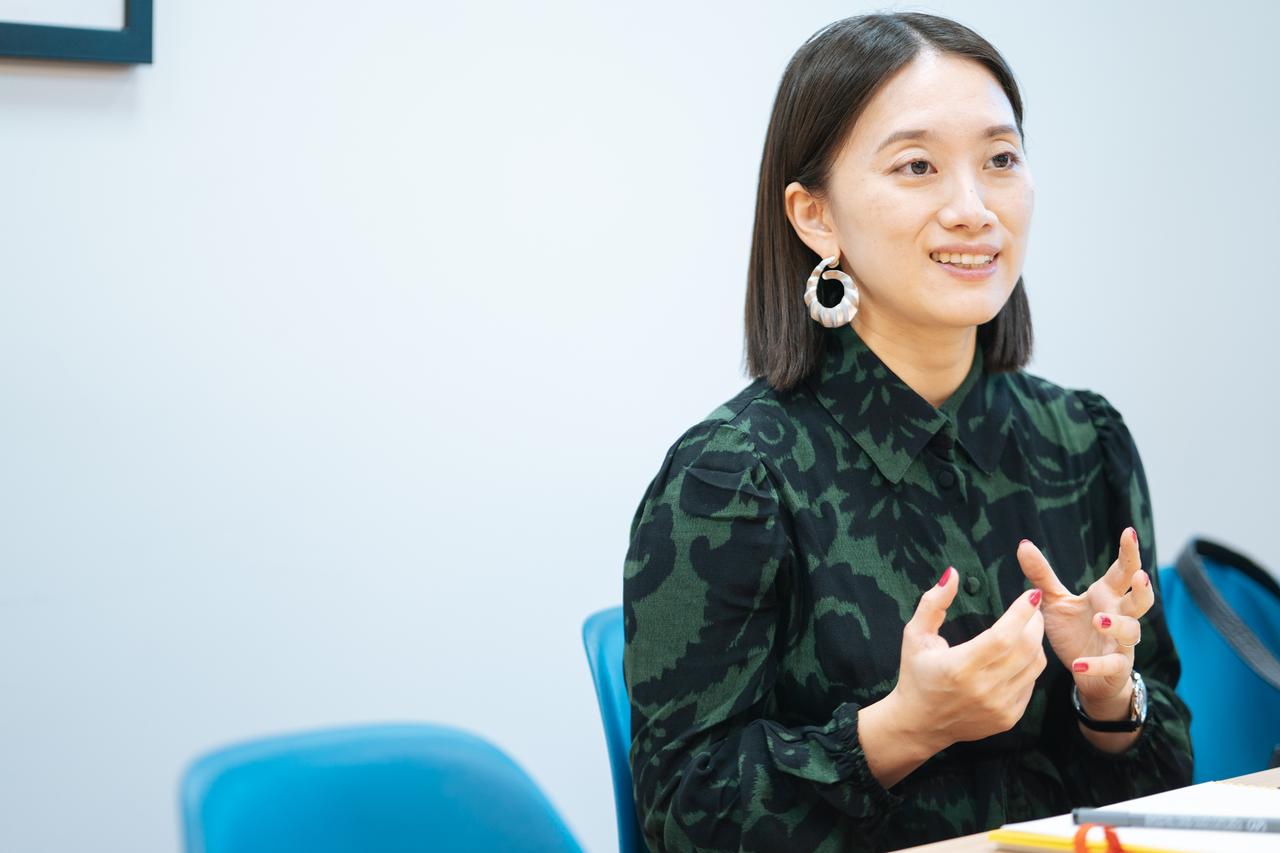

Yuki
In times when you're feeling overwhelmed by your struggles, when you can't deal with them alone, it's actually important to have someone to tell you it's OK not to confront them right away. You need someone who can unconditionally acknowledge what you're going through; to give you the feeling that someone is really trying to understand your situation. That way when you do end up facing your problems, you'll have enough resources to do so.
I hope more people realize that seeking professional help is definitely an option. Nobody should have to deal with their struggles all by themselves.
Creating a more positive environment
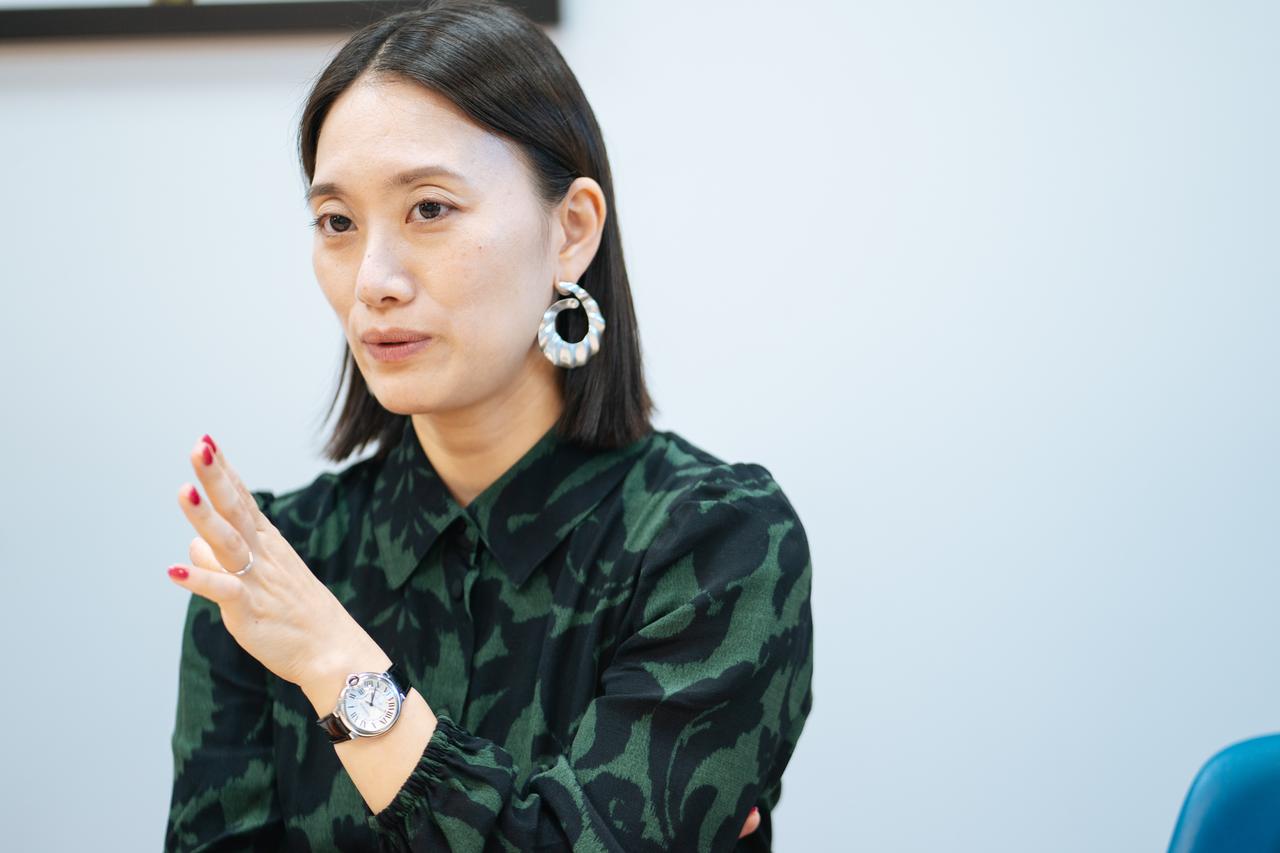

Shiho
Earlier you talked about how our tendency to be overly judgmental of ourselves stems from our education and work environment. I'm sure there are workplaces that make it easy for people to compare their struggles with those of the people around them, and environments where people don't do as much social comparison. What's the difference between the two?

Yuki
There is a greater propensity for unnecessary social comparison in environments that are highly homogeneous, with low levels of diversity. When you're in a work environment where homogeneity is glorified, the default assumption is, "I have to work just as hard as everybody else."
On the other hand, if you have a work environment where every individual's position has clearly defined objectives, as well as mutual trust among colleagues and more broadly within the organization, then social comparison shouldn't go beyond what is necessary.

Shiho
I can see how you would create an organization where every position has clearly defined objectives. But how exactly do you create an atmosphere of trust within an organization?

Yuki
You need the whole organization, as well as each team, to aim toward building an environment of systemic fairness. For instance, are decisions being made in a fair manner?
There are six measures that need to put in place within any organization if you hope to build a work environment with systemic fairness:
・Decision making is consistent
・Established rules are not biased or self-serving
・Information and opinions are collected appropriately
・The opinions of diverse individuals are taken into account
・There is flexibility to change and amend decisions even after they are made
・The organization is reflective of current societal norms and ethics

Yuki
Organizations need to consider whether their policies and project missions have been set in line with these six points. Then ask if these processes have been sufficiently shared with and explained to all employees. By scrupulously examining whether these six measures are being observed, I think organizations can increase systemic fairness.
Create opportunities for open dialogue

Shiho
In recent years, more and more meetings--including large meetings--are being held online. When working remotely, it feels more difficult to ask for explanations when you have doubts about the decisions made by bosses and executives. There might also be simply fewer opportunities to have conversations among colleagues. How do you create an atmosphere of trust under these circumstances?

Yuki
Precisely because of the current remote work environment, organizations need to be proactive in creating opportunities for colleagues to get together and have a dialogue.
Without the opportunity to gauge the reactions of those around us and exchange opinions, we become increasingly anxious and suspicious. For example, if you receive a message from the CEO and you start wondering, "How was this decision reached?" or "What does my boss think of this?" you're going to feel uneasy.

Shiho
There are times when communicating online where you get the impression this or that person doesn't really agree with what's going on...

Yuki
Precisely. Which is why it's all the more important for organizations to ensure that their procedures and explanations are fair.
Also, if you want people to be able to be themselves at work, you need to provide them with three important human needs: the ability to act with autonomy; the ability to experience personal growth and build competence; and the ability to build good relationships with the people around them.
If you create a work environment where all three of these needs are met, people are less likely to develop negative feelings.

Shiho
That makes sense. If I can work autonomously while also trusting my team members, then I'll probably be less likely to compare myself to others and think I'm the only one struggling.

Yuki
We humans are social creatures, greatly influenced by our environment. When creating an organization, I encourage leaders to consider whether the environment they envisage satisfies the three basic human needs of autonomy, competence and relationships.
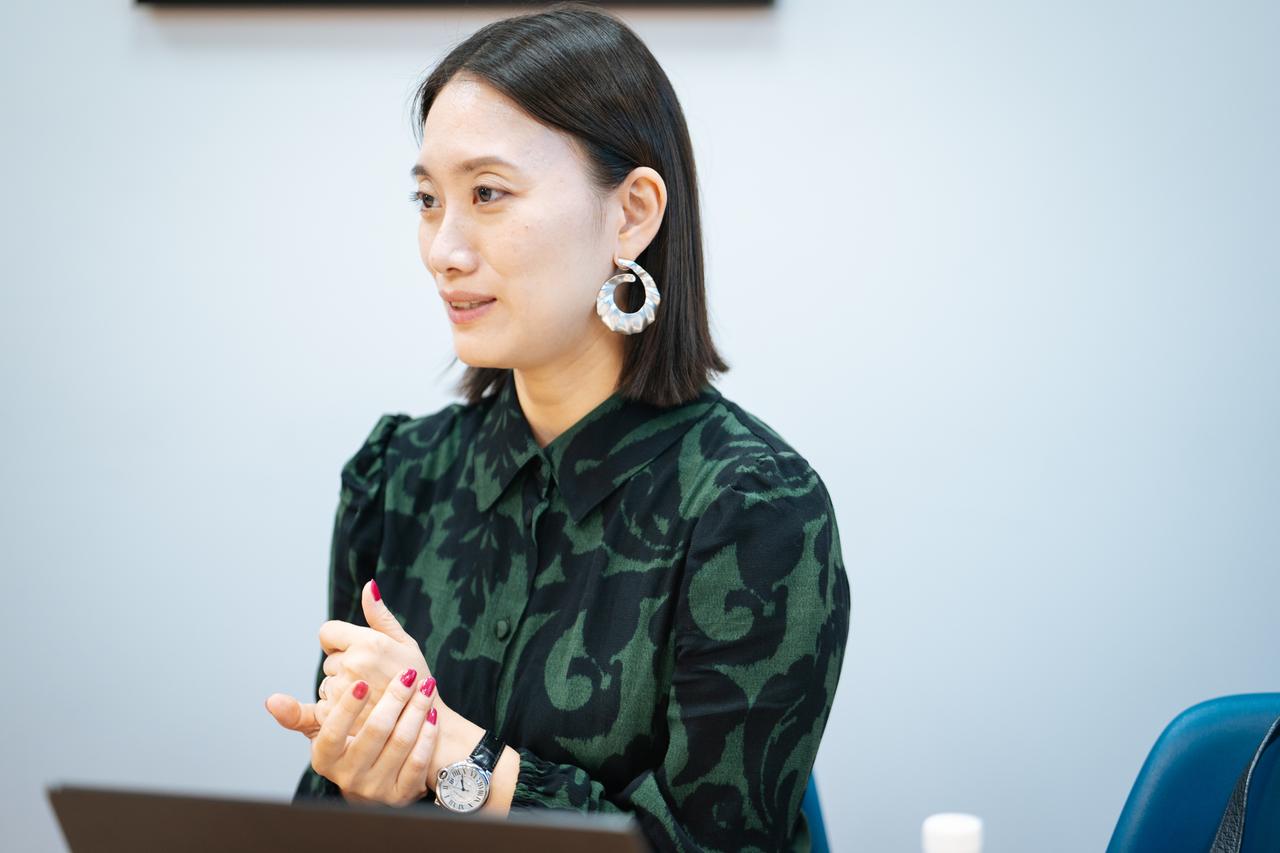
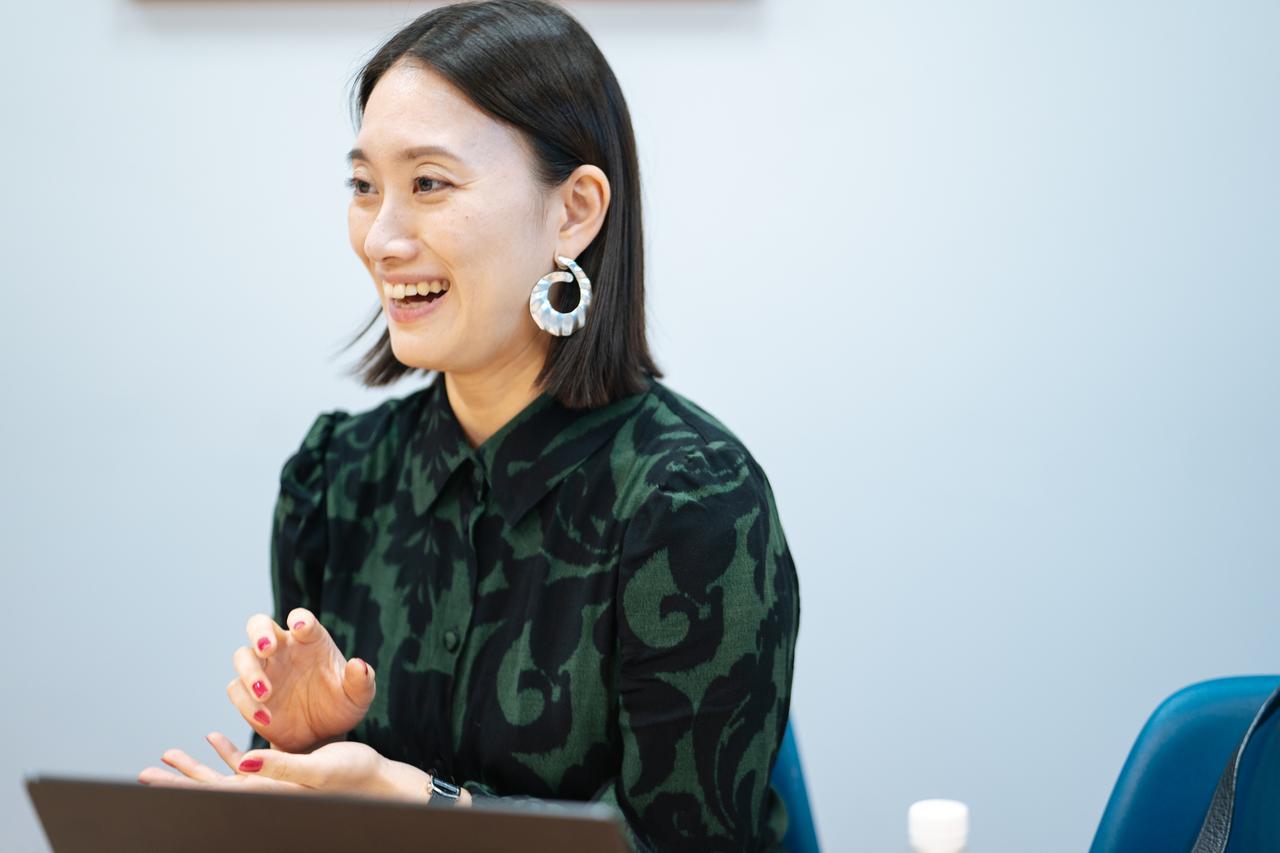
Written by Shiho Namayuba. Photographs by Hajime Kato. Edited by Kazuhiro Kimura. Translated by Ade Lee. English editing by Alex Steullet and Megumu Tamura.



























